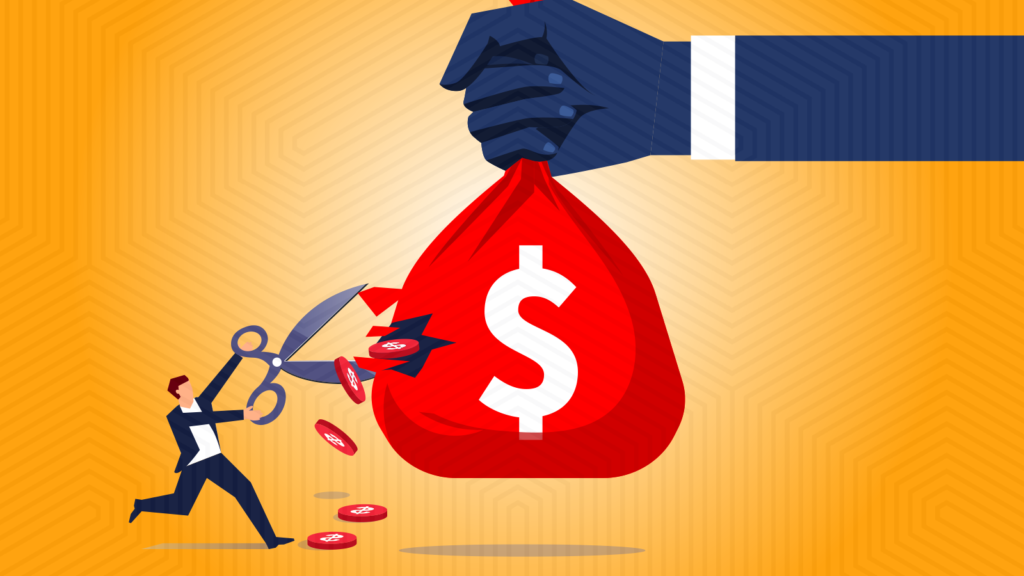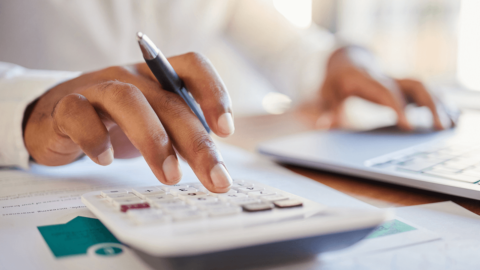How to manage impulse buying
When you work so hard for your money, it is only natural that you’ll want to spend it how you please. Knowing how and when to do it makes all the difference.

Remember the time you picked an item you hadn’t thought of buying before, just because? Later and regrettably so, you realized you made a mistake and you’d have been fine without the said purchase.
Well, you were acting on impulse. One moment you feel justified when purchasing an item, but the next minute you are saying to yourself “it seemed like a good idea at the time.”
If not controlled, impulse purchases can turn into a bad habit.
Research shows that impulse buying is mostly emotional and usually a result of some form of emotional distress. This could be issues around self-esteem, boredom or even anxiety.
Impulse buying can also result from being exposed to effectual e-commerce sites and commercial messages which retailers and advertisers capitalize on.
When you work so hard for your money, it is only natural that you’ll want to spend it how you please. Knowing how and when to do it makes all the difference.

Here are ways you can use to manage impulse purchases;
1. Get clear about your budget and savings
Have a clear budget and review it every month. Come up with a budget and a shopping list, and stick to it whenever you go shopping. Setting up direct deposits from your paycheck straight to your budget savings account also plays a huge role in curbing the dreaded impulses.
2. Clarify your money goals
Be clear on your long-term goals. This could range from saving money to build a house or saving to be debt free. Both are clear money goals and setting that out in the clear minimizes your chances of blowing money set aside on a whim.
3. Use a waiting period rule
The biggest trigger here is Fear of Missing Out (FOMO). Brands leverage on this scarcity mindset a lot to get you to spend your money.
Giving yourself time to decide if buying something is a need or just a random whim will allow you enough time for your impulse to settle down and only purchase the item if you really need it.
4. Take stock
Diligently take stock of what you already own by going through your pantry, closet and spaces. Doing this religiously will prevent you from buying something you already own or a similar one.
5. Calculate an item’s value in time
Being a logical shopper can instantly change your mindset by thinking more rationally. Audit before you shop and do your calculations earlier. This will save you money by purchasing the exact product you had in mind and at the set price.
6. Always have a shopping list
Having a shopping list plays a role in accountability. This is because when you make a list, chances are you also budgeted for how much each item will cost and so you won’t go overboard.
7. Pay in cash
You are likely to spend less when you pay in cash rather than using a credit card. This is because it is psychologically harder to hand out cash and very easy to swipe your card.
8. Exercise discipline
Work on your emotions by not letting them dictate what and when you buy something. Finding distractions when feeling emotional comes in handy.
9. Identify your personal spending triggers
Try avoid your triggers after you identify them. You can achieve this by taking an honest look at your past spending habits and noting the patterns.
Steer clear of sneaky marketing messages as well as impulse purchasing enablers around you.
10. Reward yourself
Setting aside funds to spend on your “fun stuff and activities” minimizes your chances of buying impulsively.It is also important to reward yourself when you do right by yourself.




